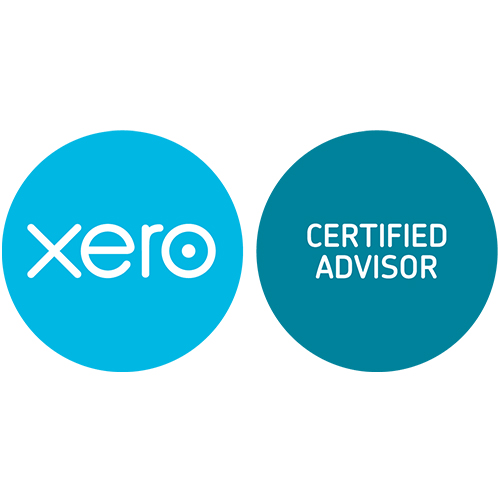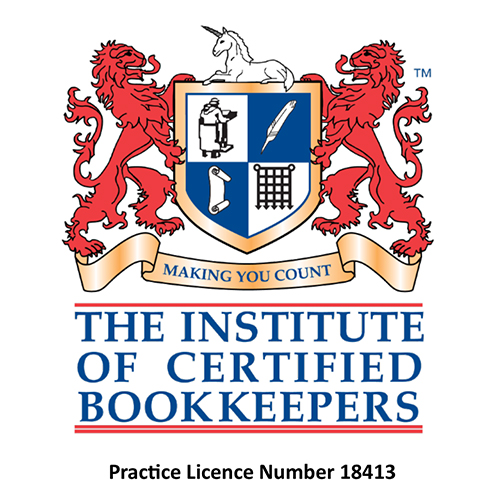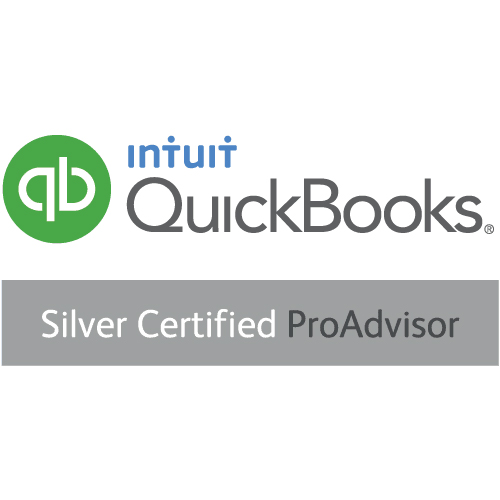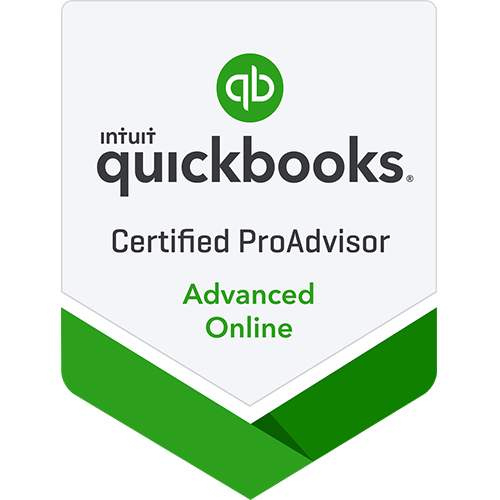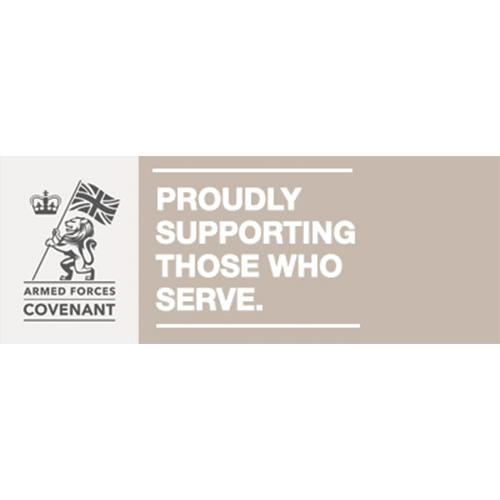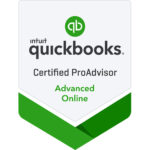If you started your business as a sole trader or went into partnership with someone you already know, the idea of taking on an employee might give you the horrors. There are so many rules and regulations to follow, never mind sorting out payroll and tax. Working with a freelancer might be slightly less scary, but you still need to tread carefully. Here’s how to tell whether you have an employee or a freelancer and why it matters.
Employee or freelancer: why does it matter?
There are two main reasons why you need to know whether you’ve got an employee or a freelancer on your hands and they both matter to your finances. Employees have rights that freelancers don’t. These include things like holiday pay, a paid notice period and a company pension. If HMRC find out that your freelancer is just an employee by a different name, you’ll need to pay tax accordingly. That could mean higher taxes under IR35 if they’re a limited company or sorting PAYE tax and NI contributions if they’re not.
Do you set their working hours?
How do you tell whether someone’s a freelancer or an employee? The first clue is in the amount of control they have over their work. Do they set their own hours, or do you tell them when they need to work for you? If they have their own office and deliver work to you when it’s ready, they’re more likely to be a freelancer. If you tell them they must be at your office at a specified time or on particular days, they’re more likely to be an employee.
What equipment do they use?
This can be a bit of a tricky question if your freelancer works at your office. They might need access to your systems to do their work. If it’s not practical to provide that remotely the easiest solution is likely to be providing them with a login at your office. Perhaps their work is more hands on; if you’ve taken on freelance admin support, they can’t exactly do the filing remotely. None of this will change their freelancer status if they meet the other criteria.
Do they have other clients?
This is one of the biggest clues to whether you’ve got an employee or a freelancer. Do they work for anyone else? Maybe not, if they’re building their business and you’re their first client. If you’ve taken over all their available working hours, they’re more likely to be an employee. The question is, are they available to do other work and are they actively looking for other clients? If not, they’re probably an employee.
Are they guaranteed work?
This one could involve a bit of thought, depending on your contract with your freelancer. You might have taken them on for a specific project where the contract ends when it’s finished. Alternatively, you might have booked them on retainer for a specified number of hours or a particular deliverable each month. If money was tight, could you simply tell them that you didn’t need them that month? You can do that with a freelancer, but not with an employee.
What questions do you have?
This isn’t an exhaustive list and working out whether you have an employee or a freelancer depends on your individual circumstances. We’d love to answer any questions you have about this topic and anything else relating to your business finances. You can get in touch on our contact page or drop us a message on Facebook.






